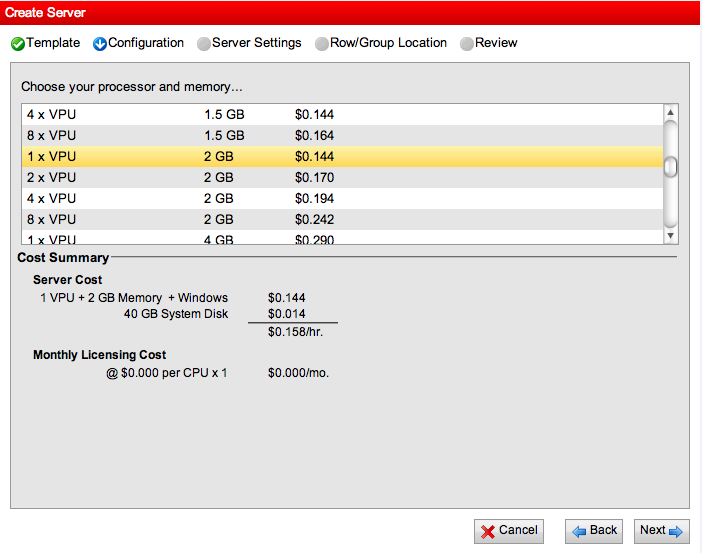Public And Private Hybrid Clouds: The Pros And Cons
Why A Hybrid Cloud?
Why use a hybrid service? There are several reasons. First, they are designed to quickly scale to your needs, making them ideal for peak load projects or to deal with unexpected heavy demands that your in-house servers weren't designed to handle. Rather than purchasing their own server hardware, scientific instrument supplier Varian was able to run a complex series of several weeklong mathematical simulations in under a day using Amazon's high performance computing resources. They were able to dynamically scale their processing up to execute the simulation, then shut down when calculations completed.
Second, they operate around the clock and in different data centers around the world, making them appealing to global businesses or those that want to be thought of that way. While this could be an issue for some managers who want to drive to see their servers in a nearby facility, it can provide for a level of redundancy and reliability in case of weather- or other incident-related outages at headquarters.
Third, they are reasonably priced, especially when compared with traditional outsourced or managed hosting providers. Some of the fees are quite reasonable, such as Verizon's CaaS or Amazon's Web Services, whereby you pay for a running machine at pennies per hour. Others such as Skytap.com charge $500 a month to get you started with hosting an entire virtual network.
What about the inherent insecurity of the cloud? Some of this is more about managing perceptions than any actual reality. "The evidence is that data is just as secure and in many cases more secure in the cloud," says Dave Cutler, general manager with Slalom Consulting, a national consultancy in Chicago. "The larger companies can be more rational about this decision, where smaller companies might have a key executive who can nix the entire deal, such as the CEO, with more emotional rather than factual reasons behind the decision."
Get Tom's Hardware's best news and in-depth reviews, straight to your inbox.
Current page: Why A Hybrid Cloud?
Prev Page Hybrid Clouds Let You Relinquish Local Control Logically And Safely Next Page Questions To Ask Your ProviderDavid Strom is the former editor-in-chief at Tom's Hardware and the founding editor-in-chief of Network Computing magazine. He has written thousands of articles for dozens of technical publications and websites, and written two books on computer networking.
-
king smp Good info.Reply
Whether you like it or not cloud computing IS the future.
Ten years from now the traditional desktop/laptop is gone.
The future for home users will be web appliances tapped into the cloud and us paying not only for internet but for processing usage.
This was predicted back in the 1960's... -
iamtheking123 I guess I need a tshirt that says my email was in the cloud before the cloud existed. Just another buzzword for CIO's to throw around to sound intelligent.Reply -
Box293 The Cloud word has existed for a long time now. Look at old versions of Visio (before Microsoft purchased it) and they used a cloud to represent the Internet. Even our ISP has been using this term for 10 years now with their Private IP Cloud network.Reply -
It is so surprised why Colt is not been considered as Cloud provider as it has started offering various cloud functionality.Reply
-
William Smith A hybrid cloud is a combination of both public and private clouds. A hybrid cloud is a combination of public and private clouds bound together by either standardized or proprietary technology that enables data and application portability. It could be a combination of a private cloud inside an organization with one or more public cloud providers or a private cloud hosted on third-party premises with one or more public cloud providers. Hybrid clouds offer the cost and scale benefits of public clouds while also offering the security and control benefits of private clouds.Reply
